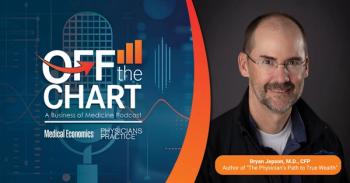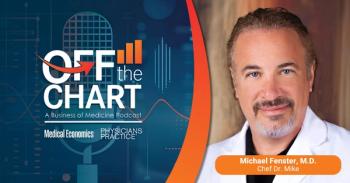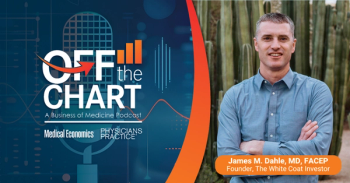
Why Taking a Vacation is Good for Your Medical Practice
Why downtime is so important for highly stressed doctors, and how it can improve productivity.
As we reach the midpoint of the summer season many of you reading this have either been on a vacation or are about to leave on one. We previously discussed some basics of keeping yourself, your home, and your family safe while traveling. This week we take a look at why downtime is so important for all highly stressed professionals from both a personal and professional standpoint and how it can actually help improve your business productivity.
Most physicians generally agree that some time off is crucial to one’s physical and mental well-being. However, as with many other issues, doctors and other busy professionals often neglect to hold themselves to the same standards that they expect of patients, friends, and family members. We continually find that the successful doctors, practice owners, and healthcare executives we deal with have achieved a significant level of success due to their dedication, drive and work ethic and often work more hours than most of their peers.
It’s easy to forget what we are working for.
It’s easy to get so deeply immersed in a professional pursuit that the reasons you work so hard start to become unclear. There are many doctors who have a genuine love of their profession and at least in part derive a sense of purpose and personal identity from it. In some cases it becomes the sole focus of their attention and takes them away from any meaningful interaction with their family and friends or any other significant personal pursuit or development.
A variety of experts including mental health professionals seem to agree that a well-rounded individual is more effective on a variety of levels and that those who have hobbies, goals, and take time away from their focused, high-pressure pursuits are often less vulnerable to fatigue, burnout, and the negative physical effects of a sedentary, office-based lifestyle. Sound like a lecture you’ve given your own patients? You can’t be an effective doctor, leader, or member of your family if you don’t have a chance to relax, decompress, and continue to evolve outside that narrow identity. Ask yourself, outside your professional pursuits (i.e. doctor, practice manager, surgical assistant, etc.)m what (or who) are you? If you don’t have an immediate answer, or ideally more than one, it may be time to examine what kind of balance is missing from your life and what (including a simple vacation) may be a good first step to restoring it.
It’s easy to develop professional myopia.
Many of us get so focused on what we do in our own professional practices and how we do it that we forget to look outside to larger sphere of business, communications and technology to see how innovations from other areas might apply to our own efforts. Even professional development and continuing education in your own professional field, as vital as it is, can produce the same result as we all tend to work in insular communities of like minded individuals that often gradually adopt a variety of practices as a the “norm” with little empirical reasoning behind it. “We do it that that way because that’s how everyone has always done it” is no longer good enough in an increasingly high pressure and competitive business environment.
It seems the world revolves around you, it shouldn’t.
Most of us have a “list” formal or not of all the things we need to do, read, respond to, approve, etc. on a daily basis. The miracle of technology and the ability to be connected to a world where instant response is the norm means that there is no longer any time in the day that is private or “off duty” as it was with the generations before us. It’s amazing the freedom and mental clarity that can come with even a few days away and how many of the previously self imposed “vital issues” that only we could respond to could be delegated, tabled or responded to in more simple way. That said, the other side of that issue is that the very same technology that now binds us and intrudes on what should be your private time and space can enable you to work remotely and be available on urgent or developing issues. In this case, the “Apple a day” may be as simple as taking your (password protected) iPad with you and checking it just three times a day, not every six minutes.
Newsletter
Optimize your practice with the Physicians Practice newsletter, offering management pearls, leadership tips, and business strategies tailored for practice administrators and physicians of any specialty.








